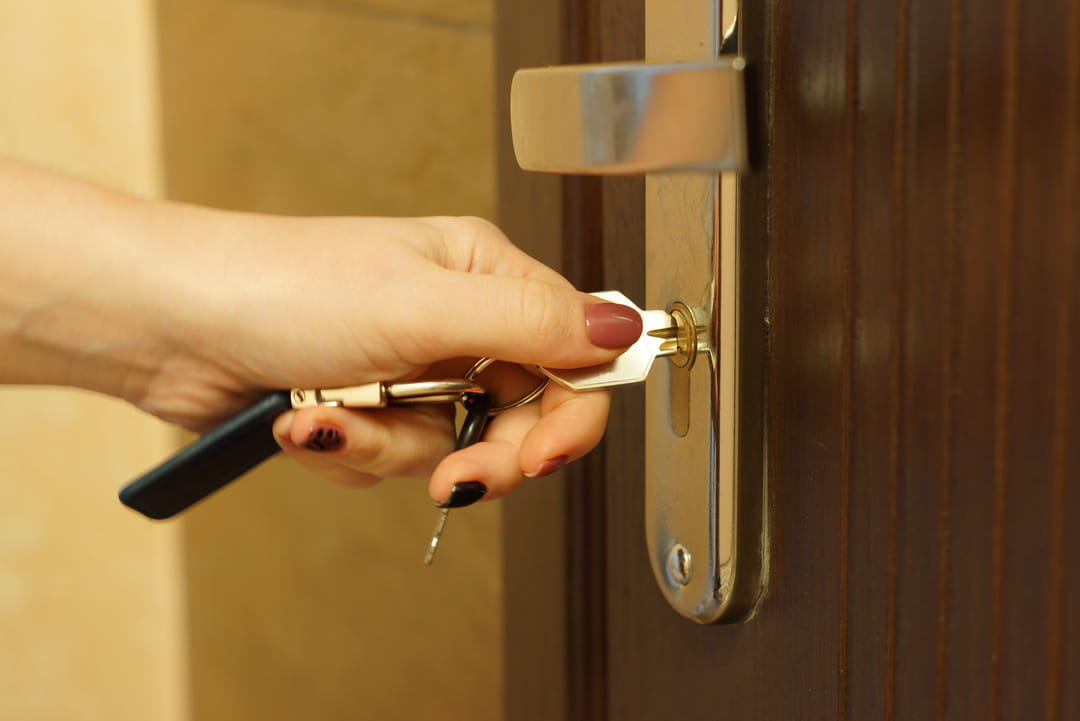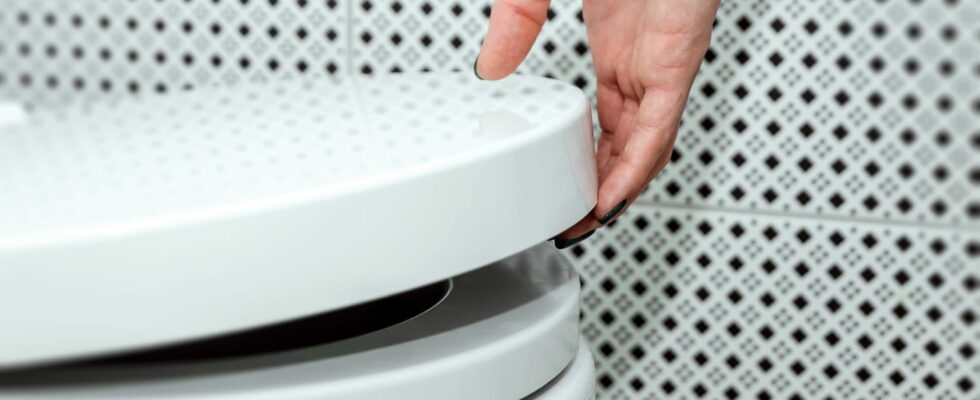Regularly taking a little “pee just in case” is strongly discouraged by specialists.
Before taking the car for a long journey, leaving the house, watching a film at the cinema… Going to the toilet as a precaution is a precaution that may seem very logical. This avoids finding yourself with a sudden urge and taking unwanted breaks. That being said, this small trip to the toilet does not necessarily correspond to the needs of your body and is not good for your health if it is done regularly.
Nicole Waetzman, specialized in urogynecology, warns Paradethat “this behavior can train your bladder in negative ways and cause dysfunction.” By resorting to “peeing just in case” often, your body may start sending a signal to the brain telling you to go to the bathroom when your bladder is only half full. The consequences can be particularly embarrassing.

Concretely, the bladder gets used to retaining less urine and this can lead to symptoms of “overactive bladder”, such as the sudden and uncontrollable urge to go to the bathroom, urinary leakage, or even waking up at night. to go to the toilet. While the average healthy adult urinates five to six times a day, people suffering from overactive bladder find themselves urinating more than 8 times a day, or more. They are also subject to doormat syndrome: a very intense need to urinate when approaching home, even urgent when the key is in the lock.
To treat an overactive bladder, you must first consult a doctor. There are different treatments based on changes in diet or medication, and the doctor will prescribe the one that suits you best. Otherwise, to avoid “just in case pees”, the specialist advises training your bladder by going to the toilet at regular intervals then gradually increasing the time between these intervals.
But be careful, you shouldn’t fall into the opposite extreme either: holding back too often and for too long can also “weaken the pelvic floor muscles over time”, explains Nicole Waetzman. “When you urinate, sit on the toilet in a relaxed position with both feet flat on the floor and take your time,” the expert also recommends, as this position promotes complete emptying.
